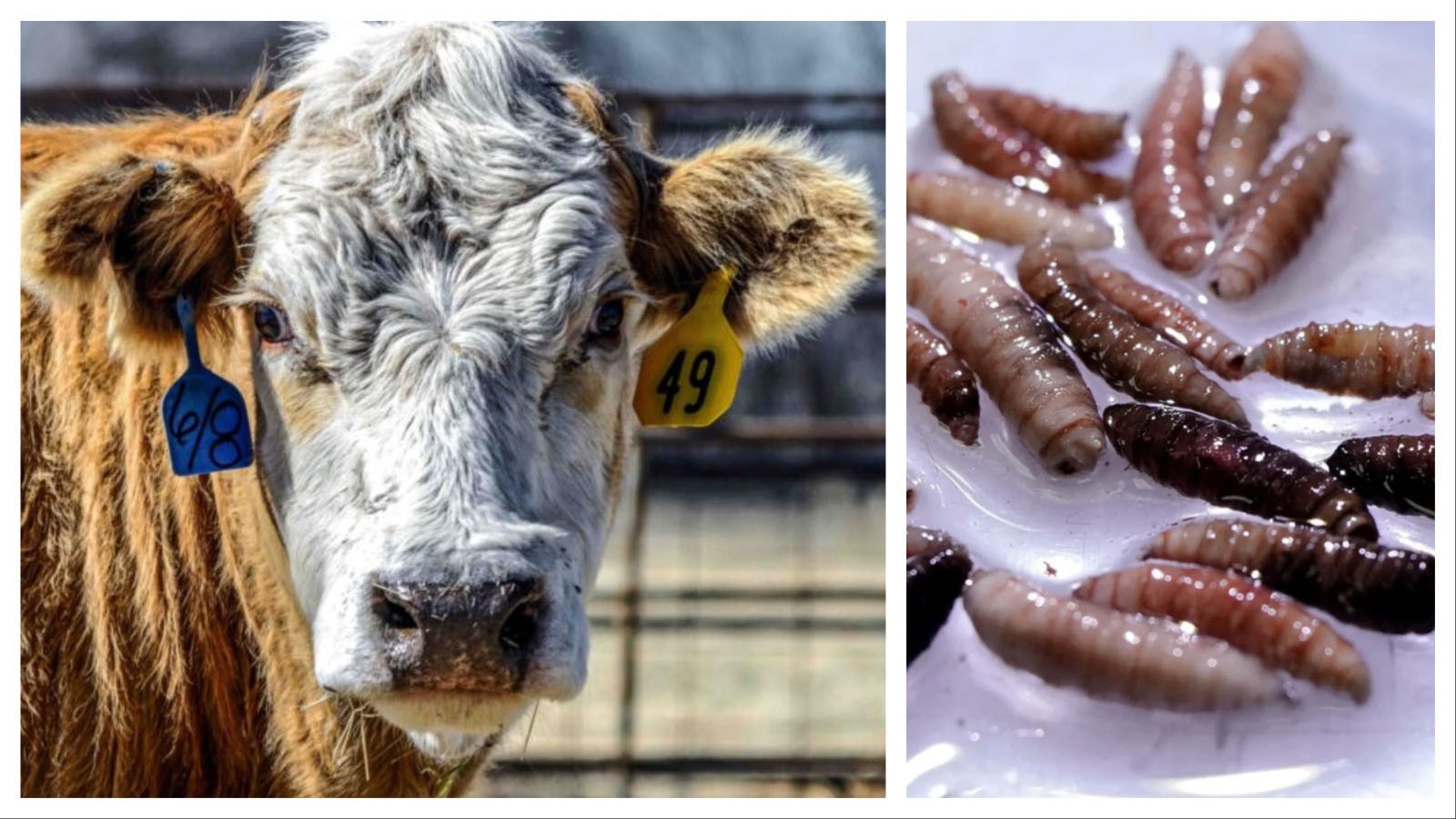The recent spring snows that swept through the Big Horn Basin are a welcome sight to farmer Jim Miller and his family. This unexpected moisture after unseasonably warm weather will help him grow a healthy crop of barley for Coors beer.
His contract with Molson Coors is for 2.5 million tons of barley and, along with his brothers, sons and nephews, Miller has been hard at work planting his fields to make sure he meets their quota.
The Miller family is one of hundreds the beer giant contracts with in Wyoming, Montana, Colorado and Idaho.
When he saw the heavy snowfall come, Miller was grateful he had already planted his fields.
“The barley is going to be tremendous,” Miller said. “It's got enough moisture now it's going to get down into the root zone. So, when the little radicle root goes out, it'll have moisture, and it'll grow like crazy.”
The Special Barley
The Miller family has been growing barley for Coors beer since the 1980s. They have seen many varieties of barley come and go over the years and the most recent one is called Bill Coors 100 (BC100).
Miller said it has been doing extremely well in Worland’s climate.
Named after Bill Coors, the grandson of the company's founder, BC100 is a proprietary variety of malting barley only available for farmers with contracts through Coors.
“About 4 or 5 years ago, they switched to Bill Coors 100,” Miller said. “They like it because it's low protein and malts really good for them down at the malt house.”
Every year, Coors tests different varieties of barley but, so far, have been most satisfied with the current variation they had developed. The Big Horn Basin is one of the areas where these test plots are grown.
“In my neighbor’s field they have the little squares they planted in small areas about ten-by-ten square,” Miller said “They are looking at the quality and the characteristics of each barley individually.”
More Than Beer Crops
The Miller family rotate the crops in their fields between barley, sugar beets, corn and alfalfa. In this way, they are keeping the soil healthy and diversifying their revenue. The corn and alfalfa are kept as feed for their lambs and cattle while the sugar beets are sent to the sugar plant in Worland.
“It's all integrated,” Miller said. “After burning the corn stalks off in the cornfields, we plant in the barley.”
Coors supplies the family with a list of approved chemicals that can be sprayed on their barley which is usually treated in May. Miller said they then keep the fields irrigated and use whatever moisture God provides. With this latest snow, he is nearly certain they will have a good crop this year.
“We're contracted for them to buy 2.5 million pounds of barley, and they'll pay for the overage, but at a lesser price,” Miller said. “ Right now, the contract for that is $12.25 per 100 pounds.”
Harvesting For Beer
By mid-July, the Bill Coors 100 barley will be ready for the first harvest. About 45% of the harvest will be immediately taken to the nearby Molson Coors grain elevator, about three miles outside of Worland city limits, before being shipped by rail to the malt house.
Miller will store the rest on the farm until the beverage company is ready for it.
He said that the Big Horn Basin has the ideal climate for growing the specialty barley with its hot days and cool nights in a dry environment.
“Barley doesn't really like humidity,” he said. “You'll get a mold on it. This area seems to produce really great barley.”
As he gets ready for another season of barley, Miller said he is just glad for the blessing of snow that is blanketing his fields. And that Americans still enjoy their Coors beer.
Contact Jackie Dorothy at jackie@cowboystatedaily.com

Jackie Dorothy can be reached at jackie@cowboystatedaily.com.










